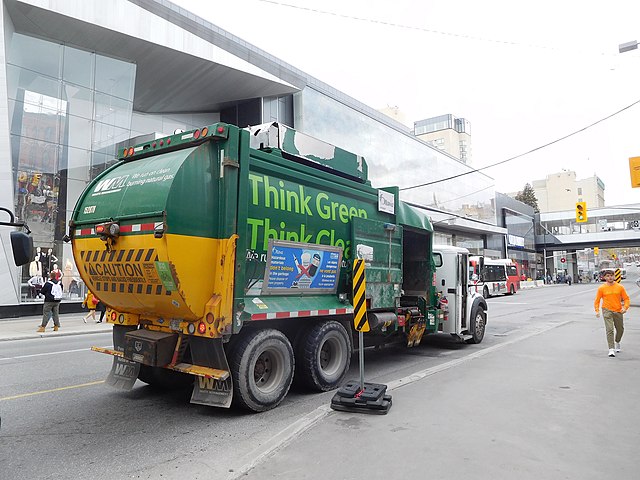In past, certain amenities and facilities were offered in world-class hotels which usually come with a hefty price and all had to be done by the hotel itself. But there are still facilities that hotels now provide the guests with a better experience, better facilities and timeliness but with the help of professionals that not only make the process errorless but also quick and hassle-free. Some of the key facilities include cleanliness, security, proper lighting and electricity, clean water supply, quick service, waste management, kitchen and food planning, technical services and the internet. There are similar amenities crucial for a good customer experience in a hotel that the organisation should recognise and supply to its guests. Facility planning for the best guest experience include an efficient usage of material, resources, and time by every department of the hotel.
The Importance and Impacts of the Proper Hotel Facilities
The standards of a hotel’s facilities are the leading factor that determines the overall reception and perception of the hotel. Proper planning is also required for work efficiency and the organisation of the hotel, this is known as hotel facilities management. As a result, excellent facilities and services always attract guests who visit the hotel. Such guests find it easier to stay in the hotel and enjoy the amenities offered in it. They experience pleasant and memorable stays in the hotel that enables them to return again and again.
Cleanliness and Waste Management

Cleanliness is very important, especially when there are guests in a hotel. To ensure that the guest is comfortable, the staff must ensure that the hotel is properly cleaned and provided with the necessary amenities and facilities.
Hotel and restaurant waste mainly consist of wet and dry kinds including kitchen food waste, aluminium, plastic packaging, cleaning materials, cloths, paper waste, glass bottles, oils, paints, industrial waste, etc. And it is one of the most heavily waste-producing sectors in India, both combined producing about 25% to 30% of total waste. This is a substantial amount and considering that a hotel guest creates about 1 kg of waste per night on average, it must be managed extremely well for a smoothly operational back of the house. It is not only expensive but a daily challenge as the waste has to be segregated into biodegradables, recyclables, bio waste, etc and then discarded or composted in specific places. The management of waste also requires a lot of energy and manpower along with safety and hygiene regulations for the people coming in contact with the waste.
Kitchen Planning

People choose restaurants either because of their food, ambience or service. But a successful restaurant must have efficiency and quick service along with that. Quick and efficient service for the staff must have streamlined production and organised space.
It is essential that the restaurant layout is planned according to the concept, kind of customers, and complete theme of the place. For example, a fast-food restaurant needs to have a kitchen layout that can serve customers continuously at a quick pace but fine dining must have a layout that will help the kitchen staff create quality food and appealing plating. There are certain guidelines that kitchen planners must abide by to create an efficient kitchen space.
The movement of staff is a top priority since the kitchen should not be cramped and hard to circulate plates and containers of food along with the cooks, servers, and assistants.
Ambience for the customers and staff is also important since it is a driving factor for your customers. Also, a good working environment for your staff is a must for good quality work and employee satisfaction. This may include proper ventilation, lighting, noise levels, etc.
Connectivity between your dining hall and kitchen must be excellent for smooth operations between the kitchen staff and the reception, serving staff, and dining area.
Laundry Planning

The laundry system in a hotel is quite extensive but it is also important to keep the cycle working smoothly since the load is just as high. The process from first use to second use can be simplified in a few steps:
Use of linen in rooms, reception, hall, dining area, pools, spas, etc.
Collection of dirty linen for cleansing.
Transportation of the collected linen to the washing area.
Sorting the linen according to categories and bulk washing.
Transporting the washed linen to the drying area and bulk drying.
Ironing and folding the dried linen.
Distributing the fresh linen to different departments for use.
As you can see, it is a long process that needs to be performed accurately for timely and quality laundry usage. Hotels with in-house laundry services face a lot of issues with this since several factors have to be planned and worked on, For example, additional staff is required for the process as well as management, a specific amount of space is required for the processes including sorting, washing, drying, and folding, electricity is needed for the space and machines, cleaning supplies for the linen must also be managed, and more. This is why many hotels opt for external laundry planning serviced that professionally deal with the whole process outside of the hotel
Foodservice Planning

In order to plan a restaurant’s food service properly many factors need to be kept in mind like the kind of food that is going to be served, equipment required to make the food like stoves, refrigerators, fryers, etc, the budget required for the whole process, hygiene guidelines and needed systems to keep that a priority, safety requirements for the kitchen, utensils, kitchen layout and other operations like kitchen staff, servers, etc. The whole system needs to be properly planned and smoothly working for optimum efficiency of the kitchen and food ingredients.
All these hotel and kitchen facilities must be managed and planned well to create the best guest experiences.